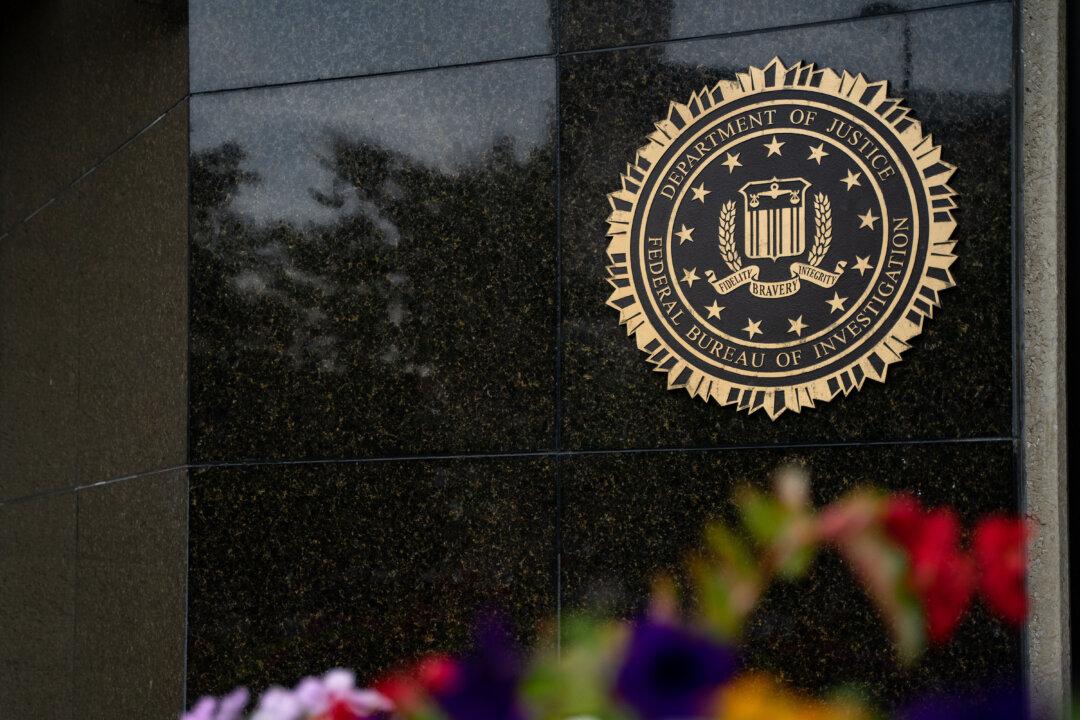Commentary
The decline of the Washington Post from its former journalistic eminence might be summed up in one headline that I spotted this week while glancing over its daily “Headlines” newsletter—which is usually as much of the paper as I care to see anymore.





